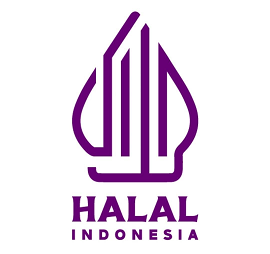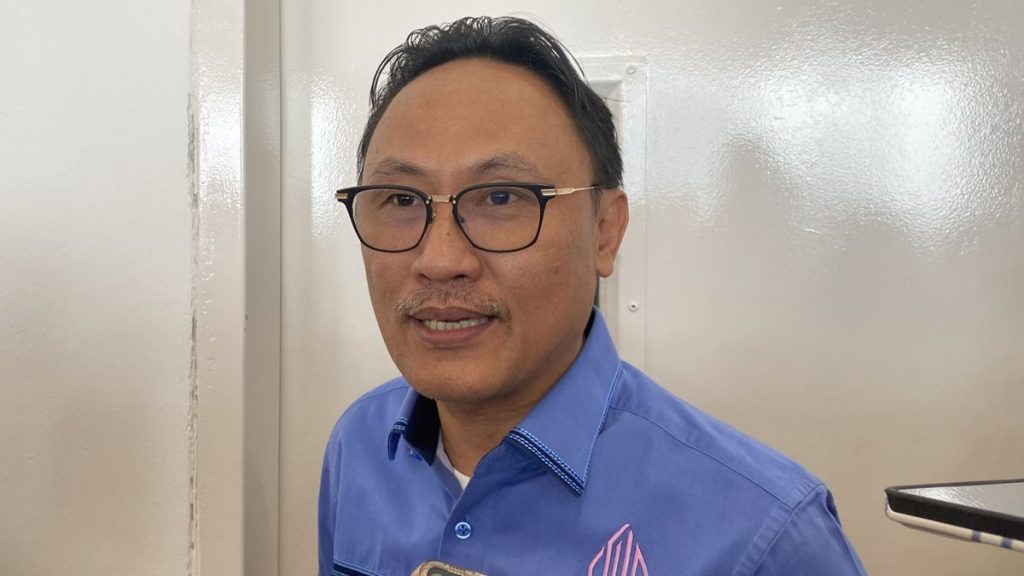 In preparation for the deadline for foreign Halal Certifiers to be accredited for exports to Indonesia by October 17, 2024 the following is some background information leading up to it, showing the length of time there has been to prepare for it beginning in October 2014.
In preparation for the deadline for foreign Halal Certifiers to be accredited for exports to Indonesia by October 17, 2024 the following is some background information leading up to it, showing the length of time there has been to prepare for it beginning in October 2014.
This period also included the transition of Halal certification being passed over from MUI to the new organisation BPJPH officially on the 1 March 2022.
The 2014 Halal Products Guarantee Law, which requires products distributed in Indonesia to be halal certified, was meant to take effect five years after the law was passed, or by Oct. 17, 2019. However, problems surrounding the implementation remain unsolved.
In 2019 the Omnibus Law revised various provisions in laws across numerous sectors, including the the Halal Products Guarantee Law 33/2014; providing that details regarding Halal Supervisors, LPH, Halal Auditors, the Halal Certificate renewal process, fees, public involvement, and sanctions shall be further regulated in a ministerial regulation.
The update was issued in the form of Minister of Religious Affairs No. 26 Year 2019 regarding the Implementation of Halal Product Assurance. The Omnibus Law now provides that the above matters shall be further regulated in a Government regulation that is to be issued.

The Halal Product Assurance Organizing Agency (BPJPH), an organization under the Religious Affairs Ministry was tasked with taking from MUI in identifying and certifying halal products, in February 2022.
BPJPH Chairman Muhammad Aqil Irham said the new logo came into force on March 1, 2022 and gradually the MUI mark would no longer be recognized.
Before this, the Jokowi administration passed the Law on Halal Product Assurance on October 17, 2014, to provide the legal basis for a new halal regime fully controlled by the government.
But it wasn’t until Jokowi won a second term in 2019 that the government began implementing a 5-year phase-in period for the mandatory certification of food, beverages, and animal slaughter process.
After October 17, 2024, the sales of all food, beverages, meat, and poultry in Indonesia must comply with the 2014 law. This requires foreign Halal certifiers to finalise their accreditation by BPJPH in the coming months.
BPJPH assessment process of HCBs already passing the verification process will be completed by June 2024. The three product scopes (food, beverage, slaughtering) for halal certification will become necessary for halal products in Indonesia starting in October 2024 having had the five year transitional period that stated in October 2019.
Businesses that did not register before this time can apply for halal certification directly to BPJPH Indonesia through SIHALAL.
As of January 2024 nine foreign HCBs have been fully accredited by BPJPH and G to G:
- Jakim (Malaysia)
- SFDA (Saudi Arabia)
- MUIS (Singapore)
- INSO (Iran)
- IHAK (Turkey)
There are sixteen EU countries that are in the process for an assessment scheduling from 32 applications.
Embassies, HCBs and Indonesia with be notified in the destination countries ahead of planned audit visits.
With regard to G to G MOUs, BPJPH is also making the accreditation decision in the form of an MRA signing based on the existing bilateral MOU.
Currently, BPJPH has signed MRAs for recognition and acceptance with the following nine LHLNs.
- The Federation of Islamic Associations of New Zealand
- The Central Islamic Council of Thailand
- Taiwan Halal Integrity Development Association
- NZIDT Limited
- Korea Muslim Federation (KMF)
- Korea Halal Authority
- Islamic Food and Nutrition Council of America
- Halal Conformity Service (HCS)
- Halal Certification Center of Chile – CHILEHALAL
BPJPH also has signed the MRA with other 28 LHLNs to accelerate the completion of the LHLN assessment for recognition and acceptance of halal certificates.
This is leading up to the Halal certification of the logistics chain entering into force on the 17 October 2024 when Halal certification becomes mandatory for the three related scopes (food, beverages, slaughtering).



